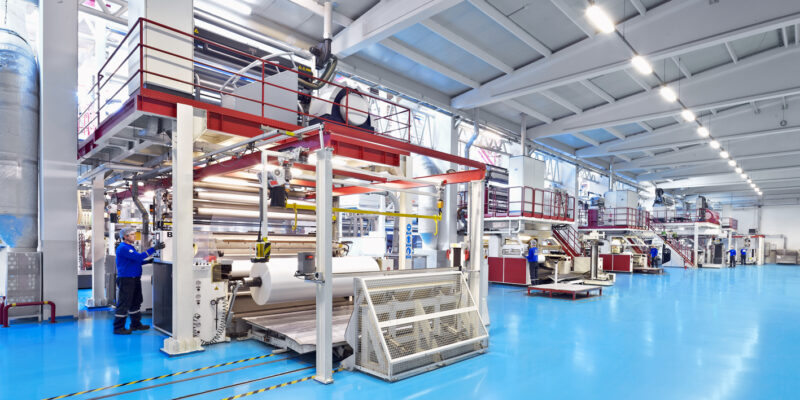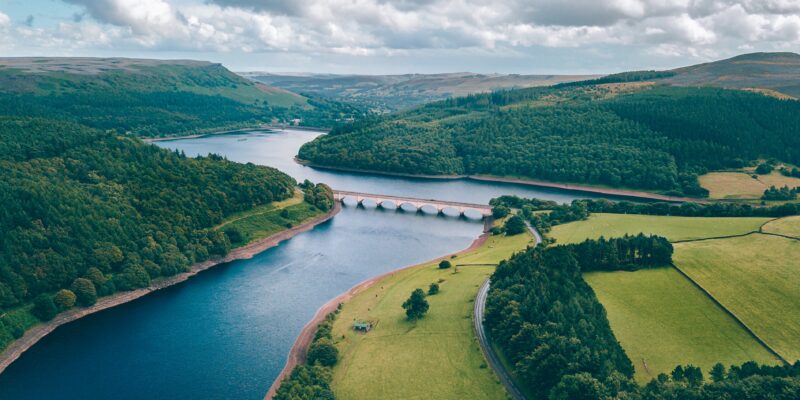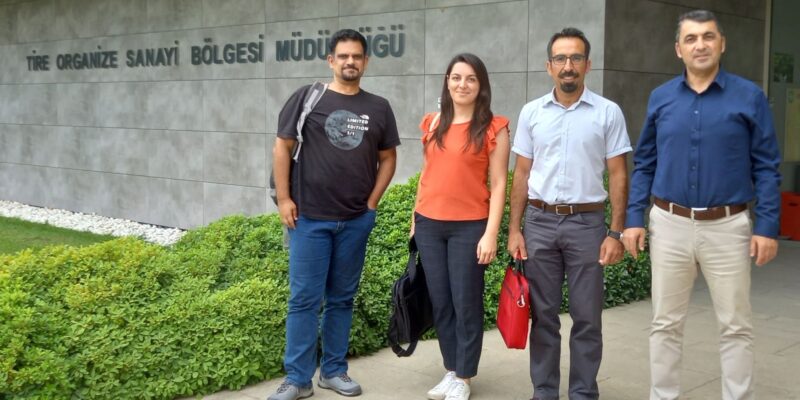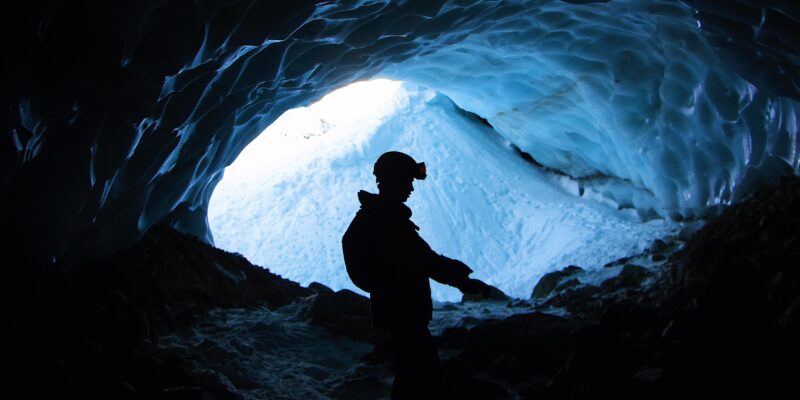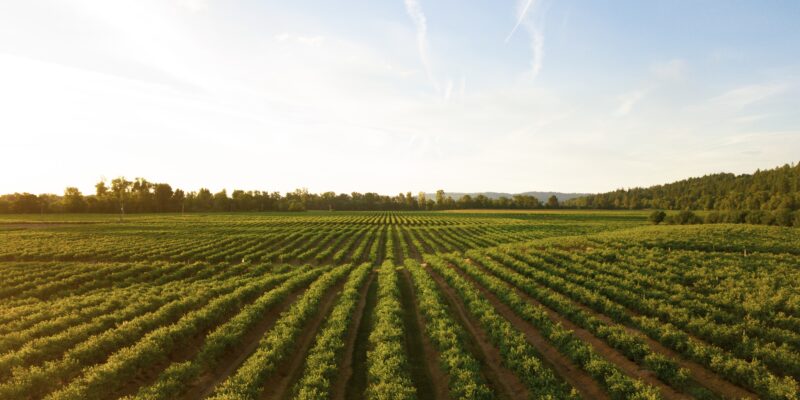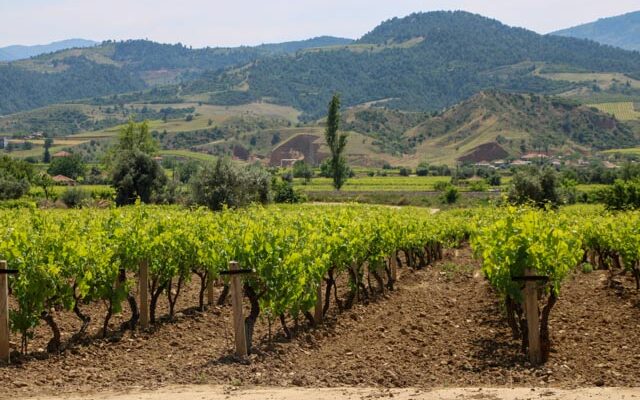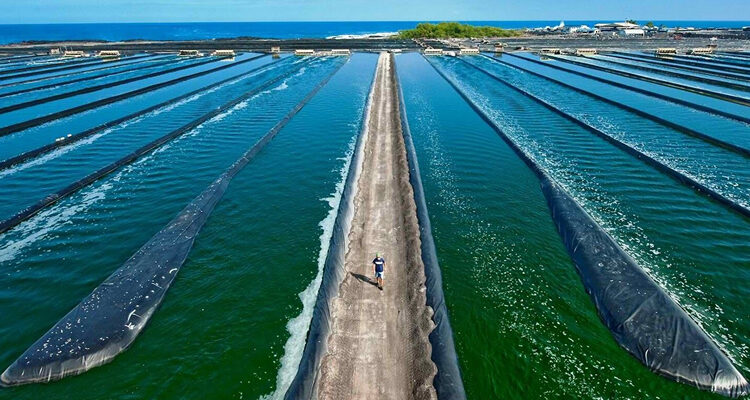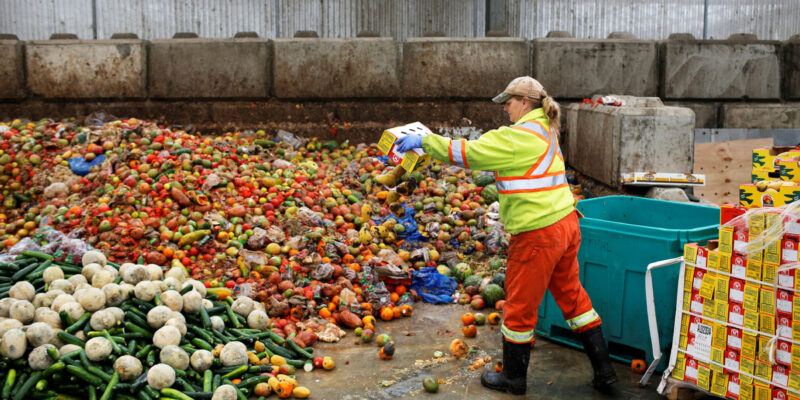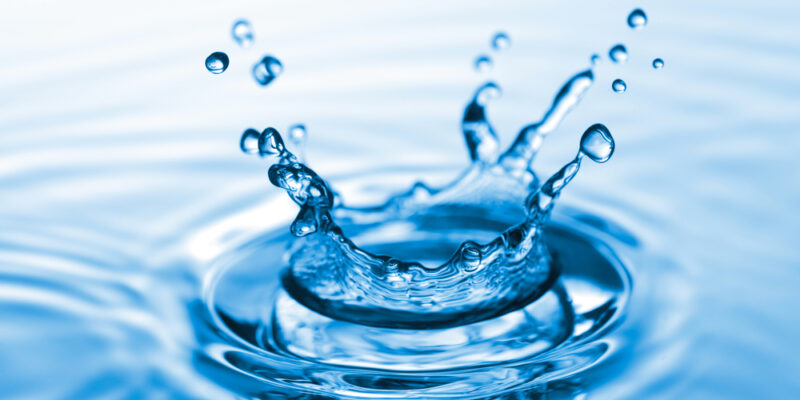Carbon footprint calculation and greenhouse gas emission inventory studies are carried out within the framework of ISO 14064 and Greenhouse Gas Protocol standards within the scope of sustainability targets for Polibak, Bak Ambalaj, Bareks Plastik, Bareks Polyethylene and Bak Gravür, which are within Bakioğlu Holding. In this context, as a result of the verification studies carried out by the accredited auditor institution, ISO14064 Greenhouse Gas Emission Certificate certification studies were carried out for Bakioğlu Holding Packaging Group Companies.
